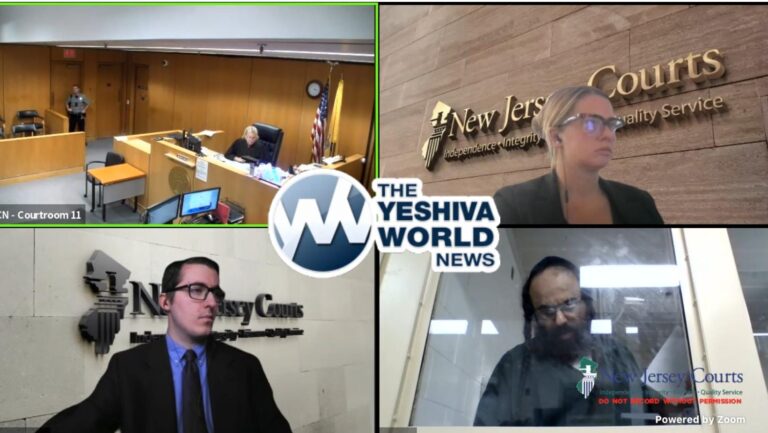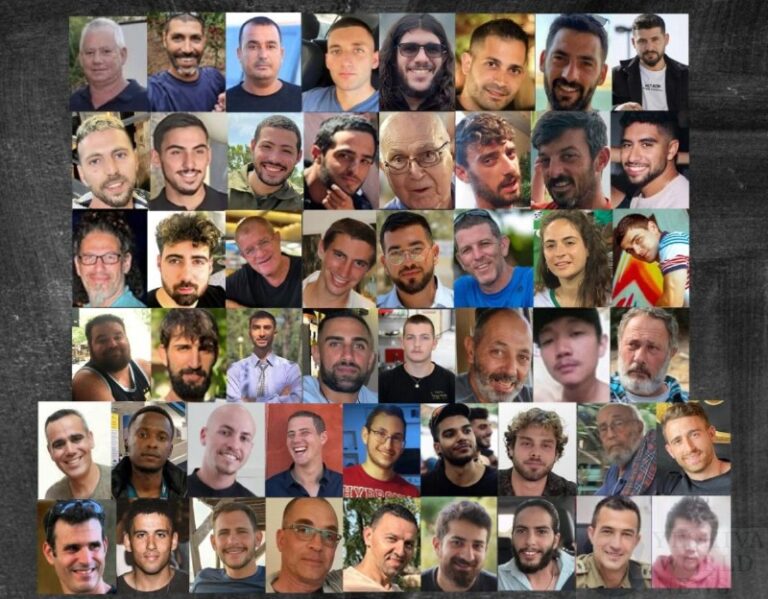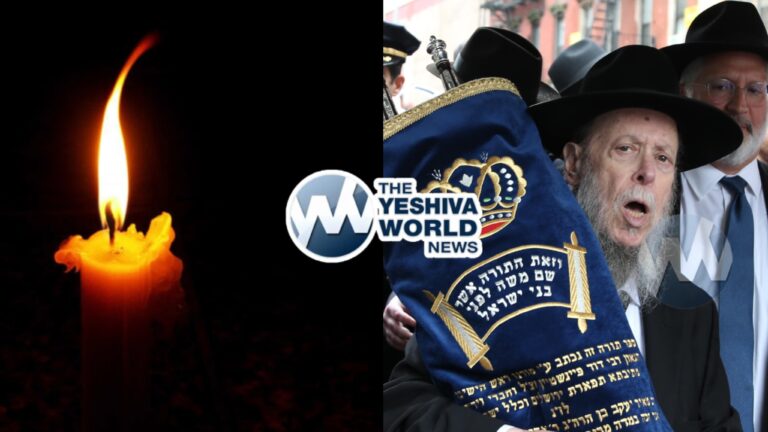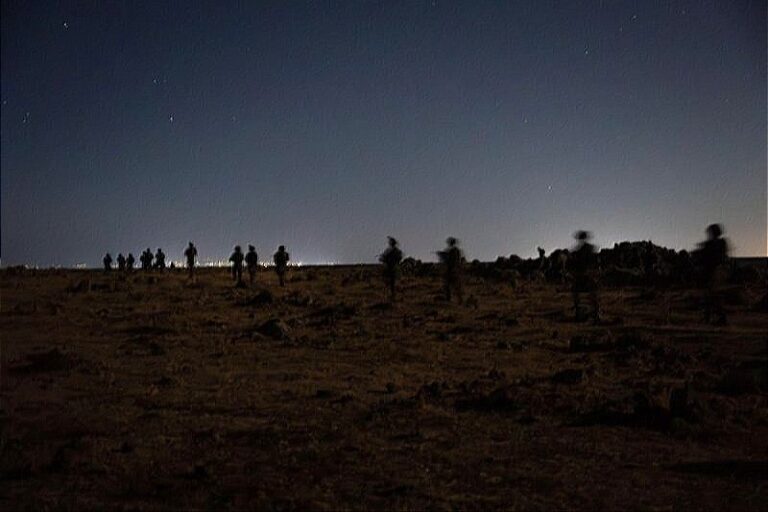 The following is a NY Times article:
The following is a NY Times article:
The tall man in the velvet fedora and knee-length black jacket with ritual fringes peeking out takes long, swift strides toward the Western Wall. It’s late in the day, and he does not want to miss afternoon prayers at Judaism’s holiest site.
“We have to get there before the sun goes down,” he says, his stare fixed behind a pair of Ray-Ban sunglasses, the first clue that this is no ordinary Jerusalem man of God. It’s the rapper Shyne, the Sean Combs protégé who served almost nine years in New York prisons for opening fire in a nightclub in 1999 during an evening out with Mr. Combs and his girlfriend.
“My entire life screams that I have a Jewish neshama,” he said, using the Hebrew word for soul.
Living as Moses Levi, an Orthodox Jew in Jerusalem (he legally changed his name from Jamaal Barrow), he shuttles between sessions of Talmud study with some of the most religiously stringent rabbis in the city and preparations for a musical comeback.
His transition from troubled adolescent in the Flatbush section of Brooklyn, shot at the age of 15, to celebrity gangster rapper turned prisoner turned frequenter of yeshivas, is the latest chapter in a bizarre journey that began with his birth in Belize 32 years ago. He is the son of a lawyer who is now that country’s prime minister and a mother who brought him to the United States and cleaned houses for a living.
“The science of Judaism” as Mr. Levi refers to it, has become his system for living, a lifeline that connects him to God and becoming a better human being. He sees no conflict fusing the hip-hop world with the life of a Torah-observant Jew.
Mr. Levi speaks in the style of the urban streets but combines his slang with Yiddish-accented Hebrew words and references to the “Chumash” (the bound version of the Torah, pronounced khoo-MASH) and “Halacha” (Jewish law, pronounced ha-la-KHAH).
As in: “There’s nothing in the Chumash that says I can’t drive a Lamborghini,” and “nothing in the Halacha about driving the cars I like, about the lifestyle I live.” As a teenager he started reading the Bible, relating to the stories of King David and Moses that he had first heard from his grandmother. At 13 (bar mitzvah age, he notes) he began to identify himself as “an Israelite,” a sensibility reinforced after finding out his great-grandmother was Ethiopian; he likes to wonder aloud whether she might have been Jewish.
He was already praying daily and engaged in his own study of Judaism at the time of his arrest but only became a practicing Jew, celebrating the holidays, keeping kosher and observing the Sabbath under the tutelage of prison rabbis. In Israel, he said, he had undergone a type of pro forma conversion known as “giyur lechumra” (pronounced ghee-YUR le-kchoom-RAH).
On the December night in 1999 that Mr. Levi walked into a Times Square nightclub, he was a 19-year-old enjoying the fruits of his first record deal and the hip-hop high life. The details of what happened inside remain muddled, but after an argument broke out between Mr. Combs, then known as Puff Daddy, and a group in the club, shots were fired, and three people were hurt.
Mr. Combs was charged with gun possession but later cleared in a highly publicized trial. Mr. Levi was sentenced to 10 years in prison for assault, gun possession and reckless endangerment. The police said he fired into the crowd. He maintains he shot in the air to break up the dispute. He would not say whether he took a fall for his former mentor.
“That’s the past, I got so much going on,” he said. “We move on.”
What Mr. Levi has moved on to since being released from prison last year is a life in which he is often up at daybreak, wrapping his arms with the leather straps of tefillin, the ritual boxes containing Torah verses worn by observant Jews for morning prayers. Throughout the day he studies with various strictly Orthodox rabbis.
“What are the laws?” he said, explaining his decision to adhere to the Orthodox level of observance. “I want to know the laws. I don’t want to know the leniencies. I never look for the leniencies because of all of the terrible things I’ve done in my life, all of the mistakes I’ve made.”
On the sprawling stone plaza of the Western Wall, crowded with tourists and worshipers, he clutches a worn prayer book whose leather cover was torn off by prison officials for security reasons.
Here he encounters a group of young Ethiopians singing in Hebrew and Amharic about Jerusalem. For a moment he links arms with them, and together they spin, dancing in concentric circles at dizzying speed.
With him is his local sidekick, a burly and bearded 30-year-old named Eli Goldsmith who used to run nightclubs in London (his uncle is a prominent music promoter) before he too became religious.
Later, with Mr. Goldsmith in the rental car he uses to get around, Mr. Levi sampled tracks from two new albums, “Messiah” and “Gangland,” that are to be released in a joint venture with Def Jam Records. The deal suggests the clout he holds despite not having released an album since 2004. He put the volume on high as he drove through the traffic-clogged roads of an ultra-Orthodox neighborhood.
In songs like “Am I a Sinner?” he casts his spiritual quest as an escape from prison life and pain, with lyrics like, “Look in your soul and you will find vision that you can’t see through the eye.”
Three more albums are scheduled to follow. Touring in the United States remains uncertain; he was deported after his prison release as a felon who does not have citizenship, a ruling he is appealing.
Arriving at a small hummus restaurant, he recited the blessing for bread over a piece of warm pita. With him were two rabbis. Jeffrey Seidel, one of the rabbis, said he been moved by the depth of Mr. Levi’s intellectual curiosity and dedication to Judaism.
Their current focus of study together: Sabbath laws. For Mr. Levi they help explain his attraction to Judaism.
“What I do get is boundaries,” he said. “Definition and form. And that is what Shabbat is. You can’t just do whatever you want to do. You have to set limits for yourself.
“All these rules, rules, rules,” he said with his hand on an open page of the Talmud. “But you know what you have if you don’t have rules? You end up with a bunch of pills in your stomach. When you don’t know when to say when and no one tells you no, you go off the deep.”
(Source: NY Times)











9 Responses
It’s interesting that this approximately the fourth hip hopper or rapper I’ve read about recently who found peace in Torah. Perhaps there’s something about the depth of their music that I personally don’t “hop”, but that pulls them to the depth of their soul.
I wish this young man, and all the others who’ve taken a similiar path hatzlacha and peace in their lives. May they be a great example to all young people of all races and ilks.
I hope all young people who have questions on Yiddishkeit read and reread and absorb that last paragraph. “Ain lecha ben chorin elah mi she’oseik baTorah” is so true. All the rules and laws are not there to restrict us. They provide us with the freedom we need to make the right decisions in life.
“My entire life screams that I have a Jewish neshama,”. Why doesn’t he look at what kind of life he leads? Maybe he will figure out that it’s full of drugs and other Shtus that can mess with your mind!!! Because clearly the highest level of ruchniyus is driving a Lamborghini in yerushalayim! 😉
The man has done tshuva, YW fan, he’s not using drugs anymore. Nothing happens overnight, he grew up in a society (the USA) that is heavy on gushmeyos. When every single reader of YWN and all other frum media get rid of their fancy cars, I’ll hear you out.
A Woman outside bklyn, TELL ME WHERE IN THE ARTICLE IT SAYS THAT THIS CLOWN IS JEWISH!!!
A woman outside bklyn, WHERE IN THE ARTICLE DOES IT SAY HE WAS JEWISH?!?
This young man is quite self-assertive. Has he learned gemorah? From chumash he hasn’t learned there is a dichotomy between gashmiyus and ruchniyus?
It doesn’t mention the rabbi’s name, but the article said he converted while in jail. It also describes him learning Torah.
“became a practicing Jew, celebrating the holidays, keeping kosher and observing the Sabbath under the tutelage of prison rabbis. In Israel, he said, he had undergone a type of pro forma conversion known as “giyur lechumra” (pronounced ghee-YUR le-kchoom-RAH).” Sounds pretty straight forward. Read the article before you start making wrong assumtions,